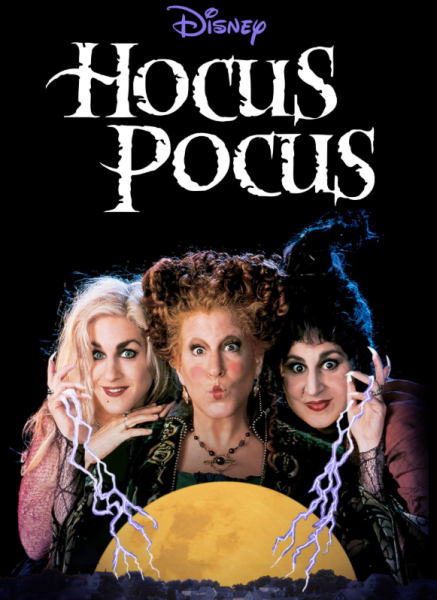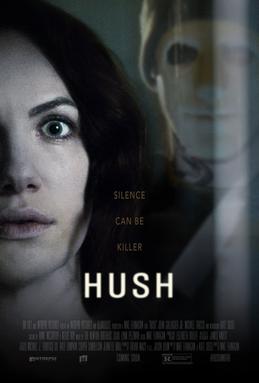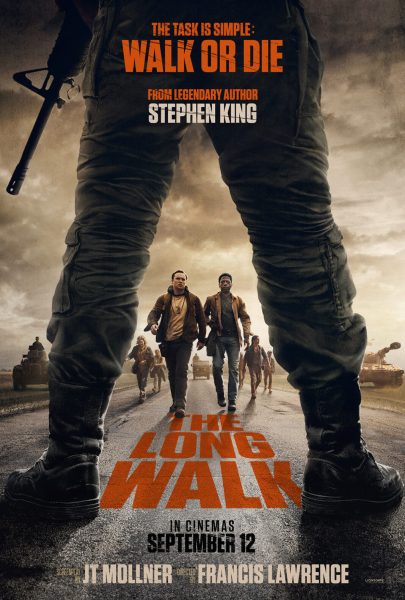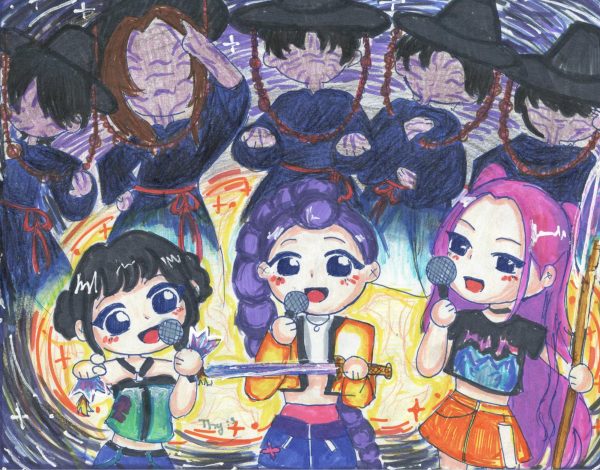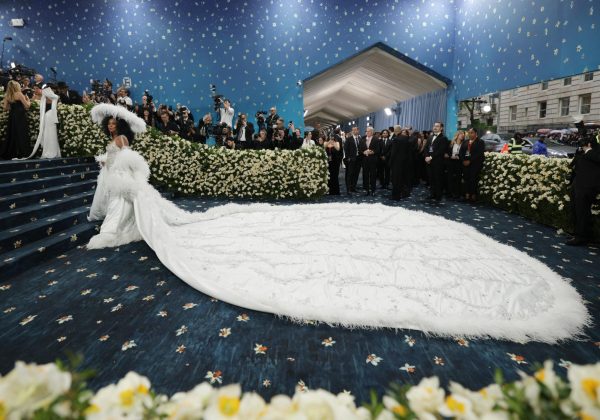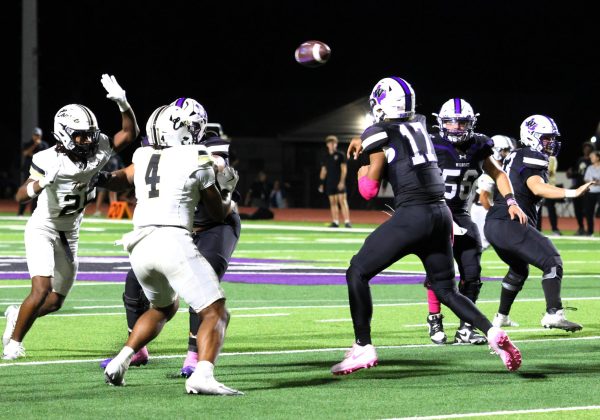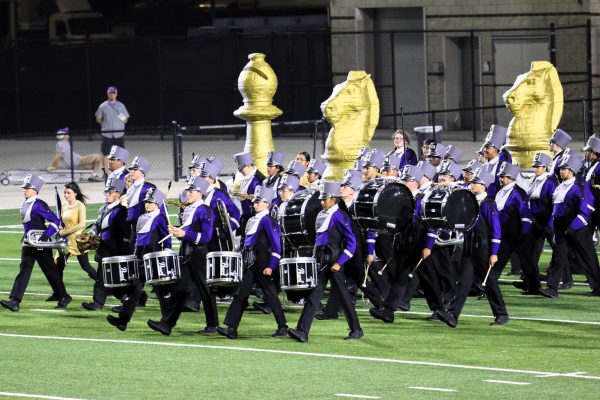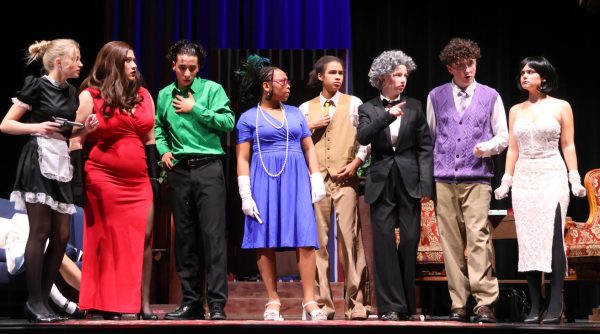TV, movie industries guilty of glamorizing serial killers in name of entertainment
photo or infographic by Jason Clark
FAR FROM CELEBRITIES. Boosted by TV shows, serial killers are elevated to celebrity status, but the truth is they are still horrible, evil people who took innocent lives.
The murderer stands over the corpse of his victim, an innocent teenage girl walking home from school. This man is heartless, predatory and cold. Regardless, in the coming weeks, months and years, he will be loved by countless individuals who forget that this man snuffed out lives that were just beginning and left dozens of grieving families in his wake.
Boosted by TV shows, social media posts and true crime podcasts, the glorification and romanticization of killers has reached new heights with the “Dahmer-Monster: The Jeffrey Dahmer Story” show now airing on Netflix. These sources often ignore the hard truth that though these people are seen as charismatic and someone who can be fixed, this couldn’t be farther from the truth.
One potential suspect in this fascination with killers is hybristophilia, or “the sexual interest in and attraction to those who commit crimes.” According to an article published in the Journal of Patient Care, these individuals turn their attraction toward these violent criminals for various reasons. For some, the idea of being able to “change” the killer and convert them back into regular and non-violent offenders is attractive and can be seen in the fan mail that killers from Richard Ramirez to Charles Manson received in prison. For others, the media attention these killers receive allows the hybristophile to live vicariously through these men. There are also “aggressive hybristophiliacs” who, unlike the previously mentioned aspiring killer-lovers, are more than willing to commit crimes and aid their imprisoned beloved, not unlike Bonnie and Clyde.
Another factor in this rising fascination with murderers is the ever-increasing media attention on these vile people. Shows like “Dahmer-Monster: The Jeffrey Dahmer Story” and the Ted Bundy movie “Extremely Wicked, Shockingly Evil and Vile” portray notorious serial killers as dark and mysterious individuals who have a sort of magnetic energy about them. This goes against who these people actually were: psychopaths driven to kidnapping, torturing, and killing others for their perverted enjoyment. True crime podcasts only aid this fascination of murderers by acting as a way of normalizing and desensitizing listeners to the horrific acts incorporated into the episodes. Hearing how a man axed a whole family to death while eating cereal can take away the true horror that the original crime once possessed.
It doesn’t help that, culturally, the glorification of killers is nothing new. The Wild West was full of figures who, though they are revered as symbols of freedom today, were cold-blooded killers. Billy the Kid, an outlaw who claimed to killed twelve people before his death at twenty-one is idolized as an example of the draw and beauty of the West. Jesse James, an outlaw, train robber and gang leader, is seen as a beacon of masculinity and power. These portrayals showcase how, with time, the general public is more than willing to forgive and forget the crimes of the past in exchange for the creation of an icon.
Jeffrey Dahmer is not the first killer to be idolized, nor will he be the last. Regardless of the bodies and grieving families left behind, violent criminals will always have fan bases that will follow them until and past the end of their lives. Killing is now a form of entertainment; killers are the show’s stars.
Your donation will support the student journalists of Willis High School. Your contribution will allow us to purchase equipment and cover our annual website hosting costs.


